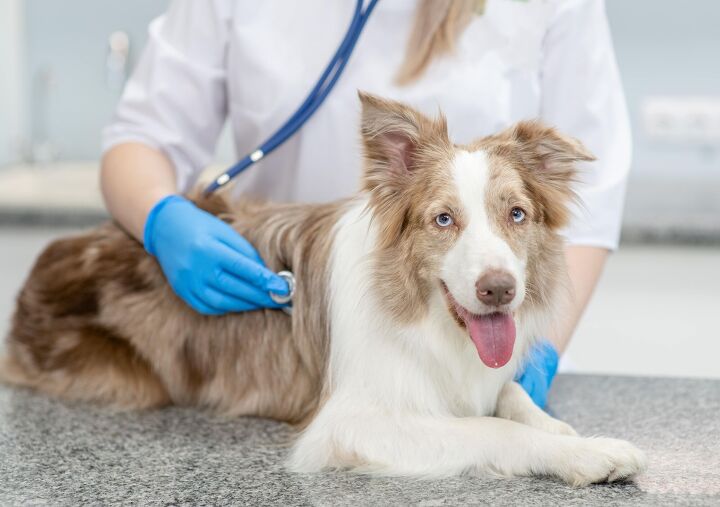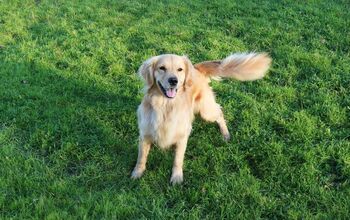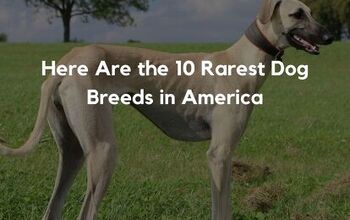Study Links Digestive and Respiratory Disease in Dogs

Respiratory issues aren’t only diagnosed in humans - dogs also can experience a wide range of respiratory illnesses. And as if that wasn’t bad enough, new research discovered that dogs with respiratory disease are more likely to experience one or more digestive tract abnormalities.
Researchers at the University of Missouri College of Veterinary Medicine have investigated the link between gastrointestinal problems and respiratory disease for the last decade. Their latest findings show that around 75% of dogs who had respiratory disease, and were participating in the swallow study also had one or more co-existing digestive system abnormalities.
These new findings suggest that dog owners and veterinarians should attempt to identify and closely observe dogs with breathing problems for possible gastrointestinal issues, even if those dogs don’t have any trouble swallowing.
“Dogs that come into our clinic with signs of respiratory disease, such as coughing or difficulty breathing, may often have issues in their upper aerodigestive tract,” said the study’s, author Dr. Carol Reinero, according to Veterinary Practice News. “This makes sense because it is in that area where those pathways cross: A healthy dog should breathe in and not swallow or swallow and not breathe in, but when that goes haywire, they can develop disease, including the potential for swallowing too much air or getting food or water into the lungs.”
The swallow study included 45 dogs with respiratory issues that didn’t exhibit any gastrointestinal signs and a control group consisting of 15 healthy dogs. Researchers performed a video X-ray while each dog was eating and drinking in a standing position, so they could identify any abnormalities in swallowing or passing of the material into and out of the dog’s abdomen.
The study found that accidental breathing of food or fluid into the lungs, trouble swallowing, and reflux are more common in dogs with respiratory disease compared to a control group.
Studies like this one show that the link between respiratory and gastrointestinal disorders, also known as aerodigestive disorders, has been overlooked for many years. To help these patients, Dr. Reinero and Dr. Aida Vientós-Plotts co-founded the BREATHE [Bringing Respiration & Aerodigestion Toward Health] Clinic within the College of Veterinary Medicine.
“When patients come in for evaluation, we ask very specific questions about a pet’s environment, diet, whether or not their cough is associated with eating or drinking or if their pet drops food when they eat, among others,” said Dr. Vientós-Plotts. “The answers to these questions can help inform our recommendations for additional diagnostic tests that allow us to provide a comprehensive plan for each individual patient.”
Doctors explained that strategies that can improve the life quality of affected dogs depend on the individual situation but usually include changes in diet, water alternatives, recommendations to gain or lose weight, and surgery.
“Sometimes we might recommend switching from kibble to canned foods or adjusting the macronutrients for more or less proteins or fats,” explained Dr. Vientós-Plotts.
While these disorders are common and can happen to any dog, French bulldogs and other flat-faced breeds are more likely to experience both breathing and respiratory issues than other breeds.

Nevena is a freelance writer and a proud mom of Teo, a 17-year-old poodle, and Bob, a rescued grey tabby cat. Since childhood, she had a habit of picking up strays and bringing them home (luckily, her parents didn't know how to say NO). When she's not writing for her fellow pet parents, Nevena can be found watching Teo sleep. To her defense, that's not as creepy as it sounds!
More by Nevena Nacic























